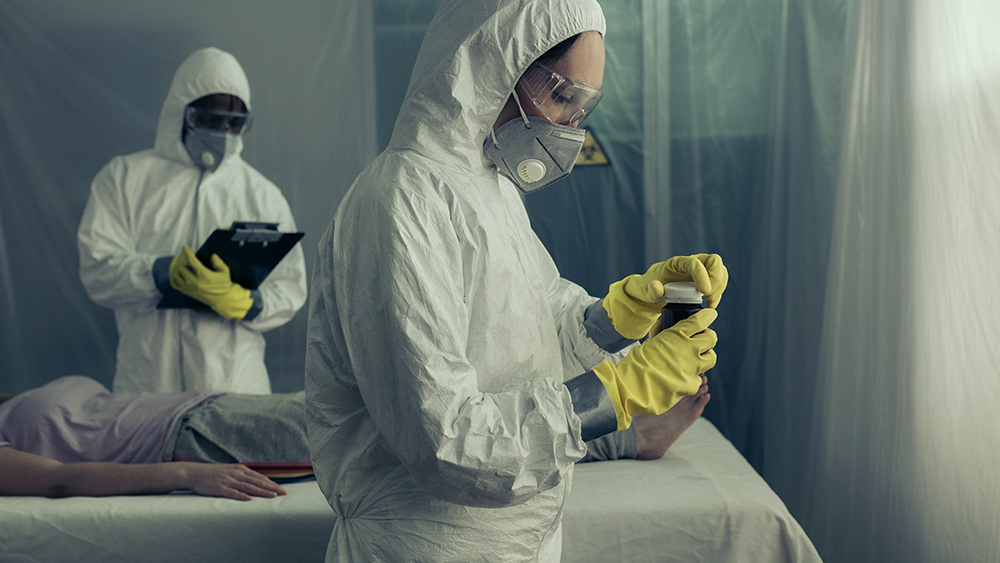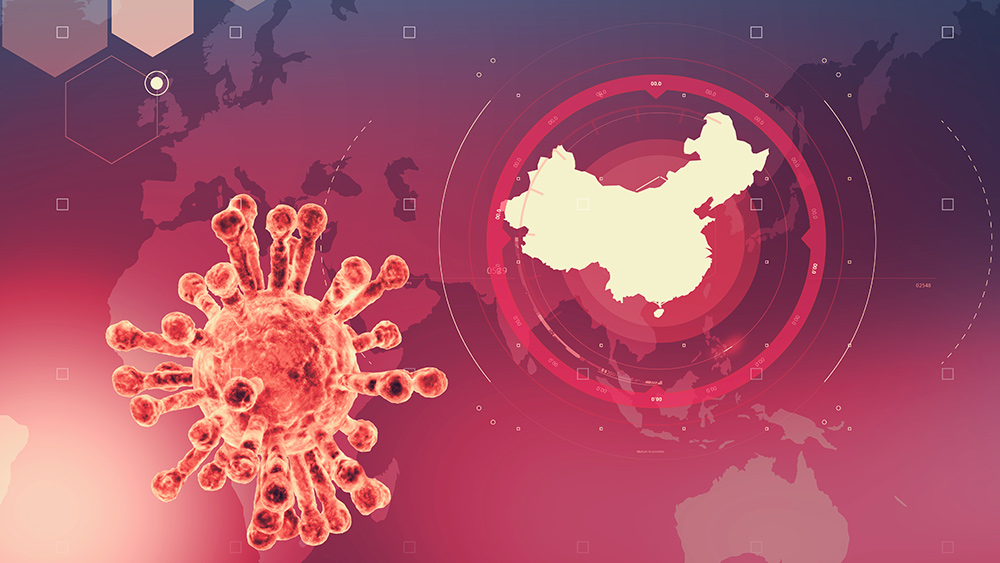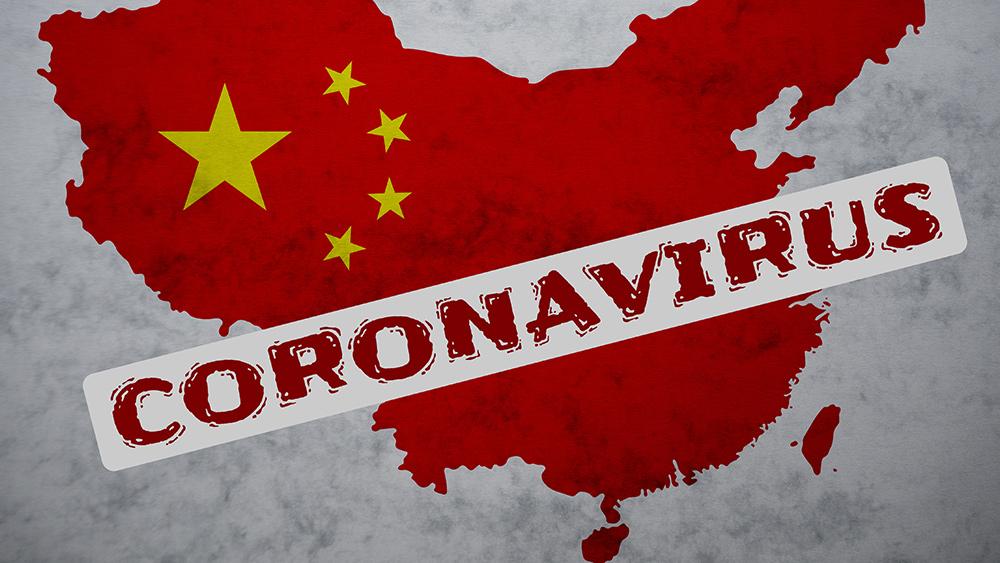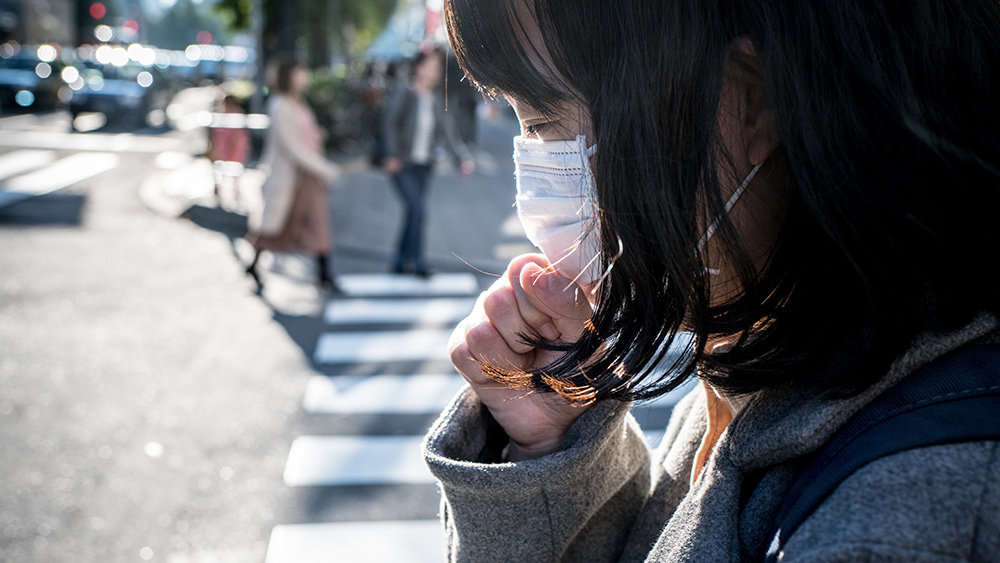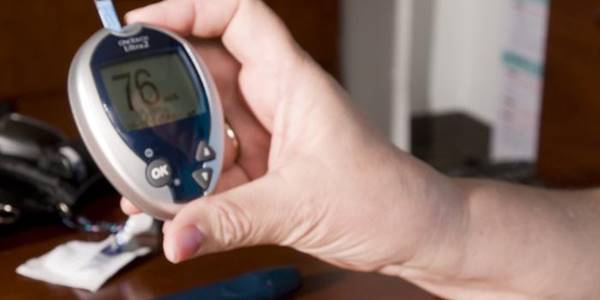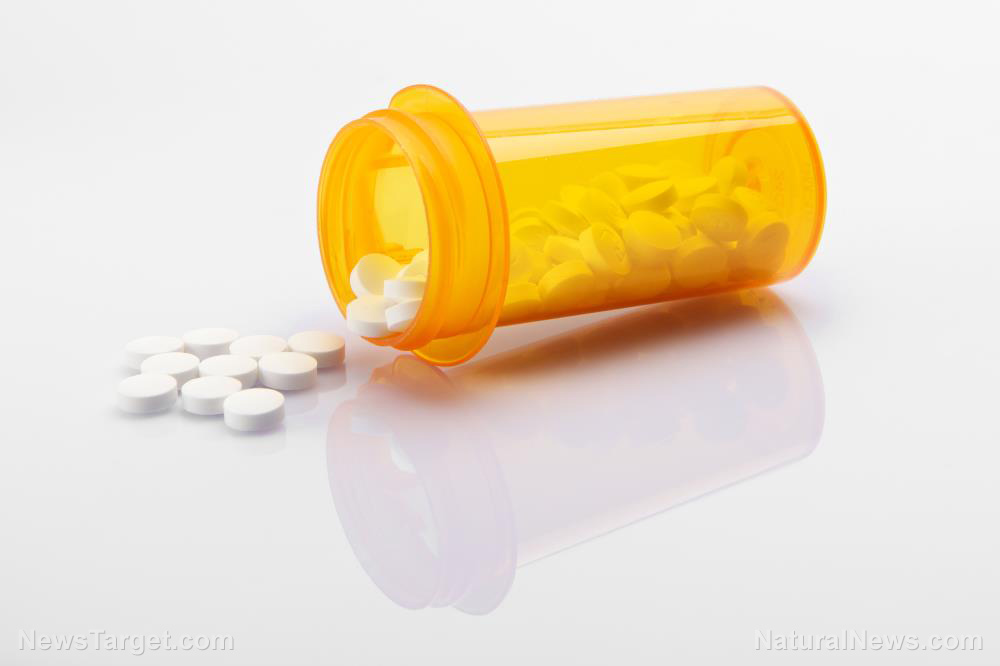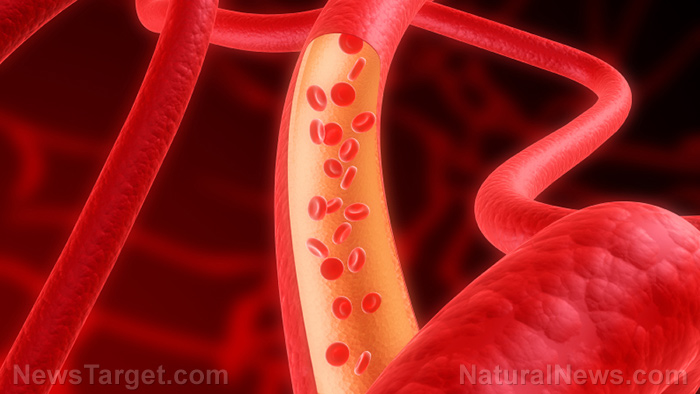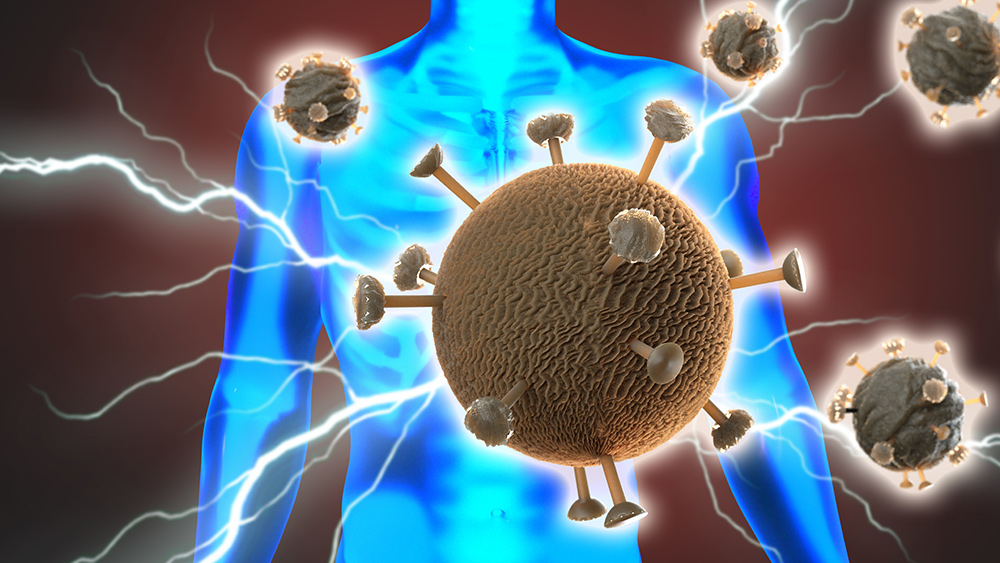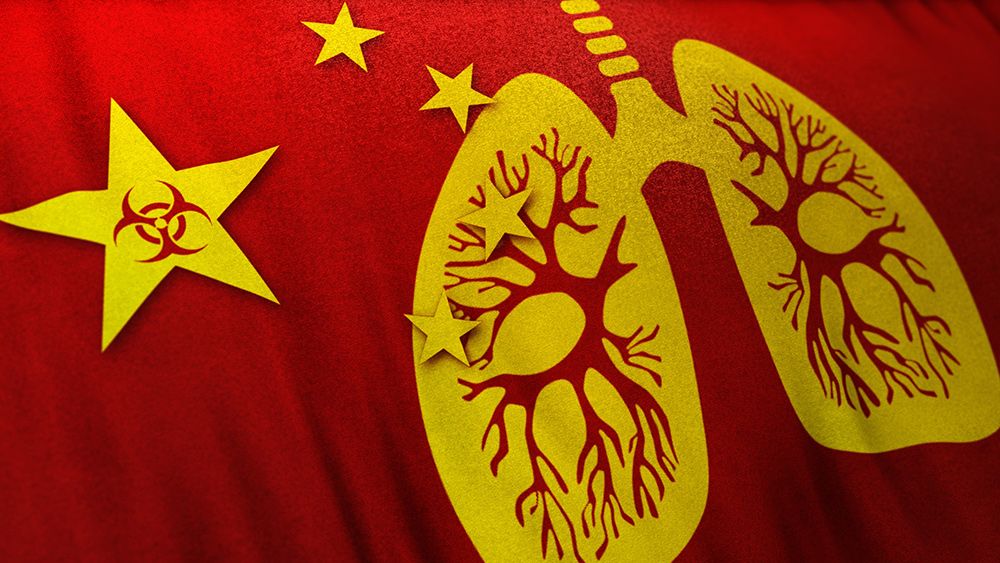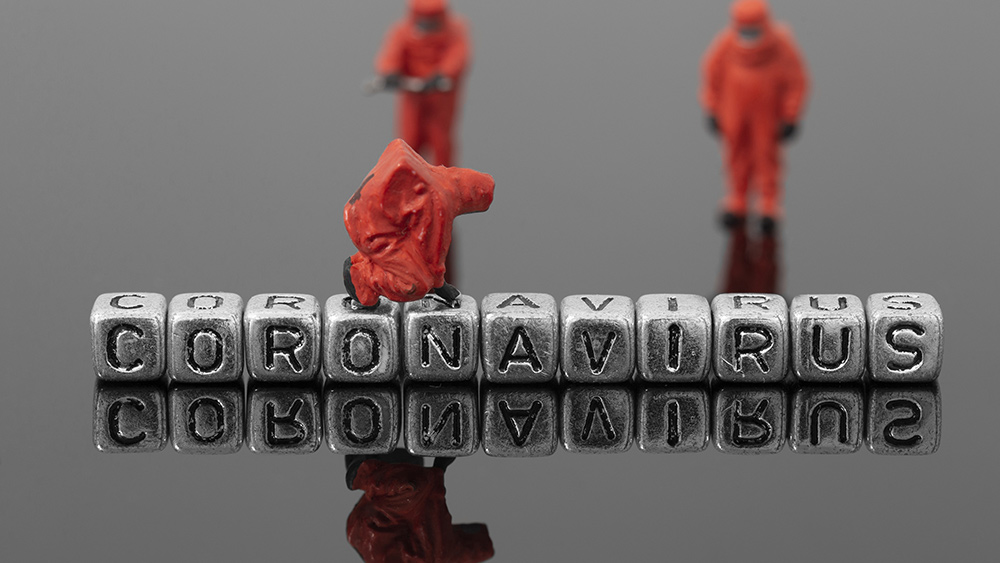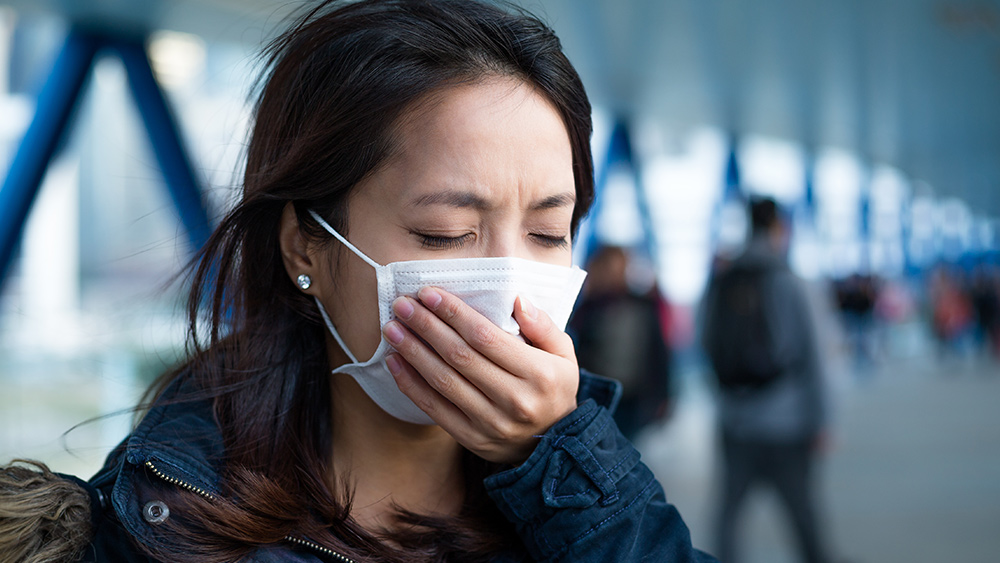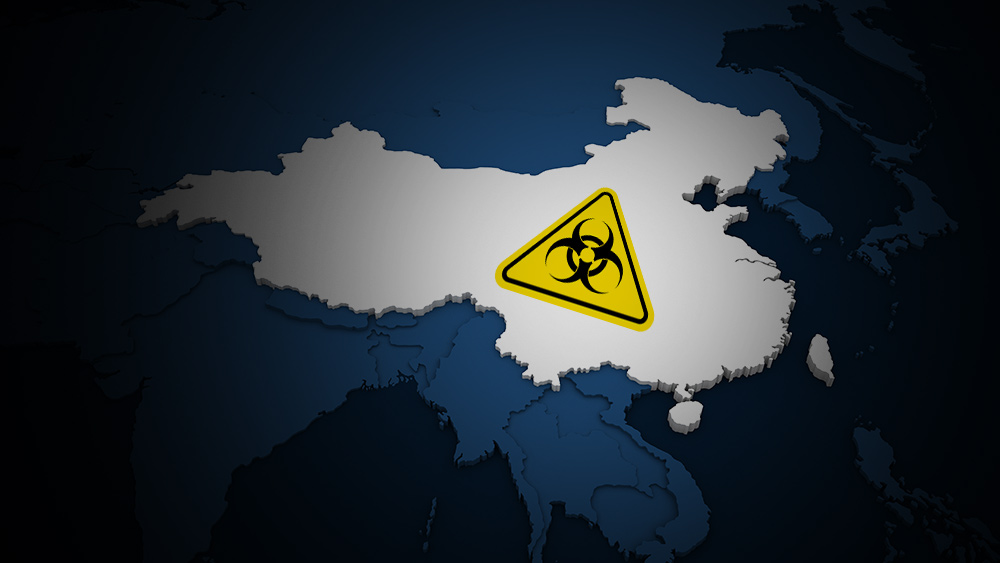Fighting fire with fire: Can cannabis-derived CBD help treat heroin addiction?
01/02/2020 / By Edsel Cook

Heroin addicts might find it easier to stay clean if they take cannabis-based medicine. A recent study showed that the cannabidiol (CBD) in cannabis might reduce the cravings for addictive drugs. Further, cannabidiol was not addictive. CBD was safer than most pharmaceutical drugs used to rehabilitate drug addicts.
Cannabidiol is gaining popularity as a health supplement. The cannabis-derived chemical is available in many stores. Research showed that recovering heroin addicts who took cannabidiol might reduce their cravings for the illegal drug by as much as 300 percent. CBD treatment also reduced their anxiety and stress levels. The study suggested a way to reduce the opioid epidemic in the United States. Nearly 400,000 individuals have died from overdosing on opioid drugs like heroin, fentanyl, and morphine.
Recovering drug addicts often struggle with cravings. If they give in, they run the risk of overdosing during their relapse if their tolerance for the drug decreased during their rehabilitation. Conventional treatment for heroin addiction relies on methadone and other pharmaceutical drugs to wean addicts off. However, the drugs are also opioids like heroin, so they share the same addictive issue. Finally, the government tightly regulates their use. (Related: Despite the munchies, marijuana users don’t gain more weight.)
Cannabidiol reduces drug cravings
In contrast, cannabidiol is affordable, widely available, and — most importantly — not addictive. In New York, researchers from the Icahn School of Medicine at Mount Sinai (ISMMS) evaluated the effects of CBD on heroin addicts.
The cannabidiol medication bore the approval of the U.S. Food and Drug Administration (FDA). Intended to reduce the severity of seizures in patients with epilepsy, it might also improve the health of heroin addicts. ISMMS researcher Yasmin Hurd expanded on the findings of her previous experiment, in which she treated heroin-addicted animals with cannabidiol. The earlier work showed that CBD treatment decreased heroin addiction.
“Our findings indicate that CBD holds significant promise for treating individuals with heroin use disorder,” explained Hurd. “A successful non-opioid medication would add significantly to the existing addiction medication toolbox to help reduce the growing death toll, enormous health care costs, and treatment limitations imposed by stringent government regulations amid this persistent opioid epidemic.”
Even small doses of CBD will help control opioid addiction
The ISMMS study involved a group of recovering heroin addicts. The average length of addiction for a participant was 13 years. The participants split into three groups based on the treatment they received — a placebo, a 400-milligram dose of cannabidiol solution, or an 800 mg dose. Next, the subjects got exposed to heroin-related material. They either watched videos of addicts taking drugs or looked at syringes and sachets of powder that resembled heroin. Following their exposure, the participants rated their anxiety levels and craving for heroin. The researchers also measured the blood pressure, body temperature, and heart rate of their subjects.
Both men and women in the cannabidiol-treated groups experienced reduced drug cravings that were two to three times lower than the ratings of the placebo group. Further, CBD lowered the blood pressure and heart rates of the former heroin addicts. It also reduced the blood levels of the stress hormone cortisol. Finally, the effectiveness of cannabidiol did not rely on its dosage. Both the 400 mg and 800 mg doses achieved the same effect.
The ISMMS researchers noted mild side effects. A few participants reported diarrhea, headaches, or fatigue. Heroin addicts have used cannabis in the past to help recover from their dependency on the drug. Hurd plans to find out exactly how cannabidiol influences the brain of heroin addicts. She also wants to figure out its effects over extended periods of treatment.
Sources include:
Tagged Under: alternative medicine, cannabidiol, cannabis, CBD, drug addiction, herbal medicine, Heroin addiction, natural cures, natural medicine, opioid epidemic, pharmaceutical drugs


